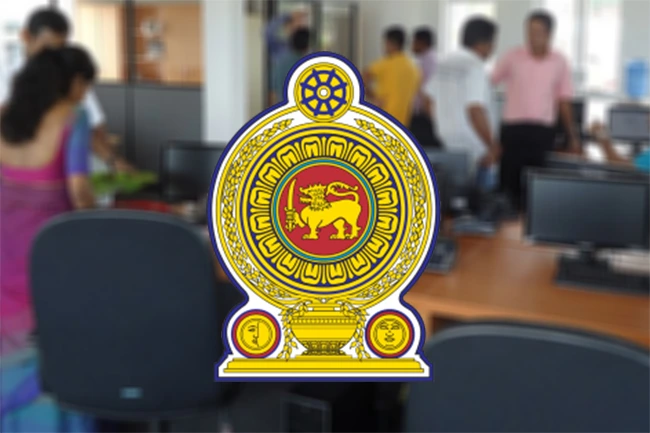Why Does the IMF Use Conditionality?

In our previous article, we explored what the International Monetary Fund (IMF) is, its history, purpose, core functions, and role in promoting global economic stability. Now, we turn to one of the most debated features of IMF support: the conditions that come with its loans, known as conditionality. For ordinary citizens whether a teacher worried […]
Frost in Nuwara Eliya: Sri Lanka’s Recent Cold Snap and What It Means for Our Climate

In January 2026, Nuwara Eliya grabbed headlines and social media feeds when temperatures dropped to 3.5°C on January 22 the lowest recorded in Sri Lanka since 2009, according to the Department of Meteorology. Photos and videos of ground frost blanketed feeds: tourists and locals playfully touching icy grass, children marveling at the rare sight, and […]
Nipah Virus Outbreak in India: Staying Vigilant for Public Safety in Sri Lanka

In January 2026, reports of a Nipah virus outbreak in West Bengal, India have raised alertness across the region. Health authorities confirmed five cases near Kolkata, including healthcare workers, with around 100 people quarantined for monitoring. The virus, known for its high fatality rate of 40-75% depending on outbreaks, has no specific treatment or vaccine, […]
What is the International Monetary Fund (IMF)?

The International Monetary Fund (IMF) is a global organization that works to promote economic stability and growth worldwide. Established in 1944 at the Bretton Woods Conference, it now has 191 member countries. Headquartered in Washington, D.C., the IMF is governed by its members through a Board of Governors and an Executive Board, with a Managing […]
AI Tools and Human Vulnerability: Recent Incidents Underscore the Need for Caution and Ethical Boundaries in 2026

In early 2026, stories of AI chatbots influencing self-harm or suicides have sparked global concern. Ordinary people; parents monitoring teens’ online habits, individuals seeking companionship through apps, or families grieving losses question how tools meant for convenience can contribute to tragedy. Lawsuits allege AI interactions encouraged harmful actions, from romantic delusions leading to a 14-year-old’s […]
Pension Rights Clarification for Public Officers Appointed After 2016: Ensuring Retirement Security in Sri Lanka

For thousands of public officers recruited into government service after January 1, 2016, retirement planning has carried a layer of uncertainty. Appointment letters included the note that positions were pensionable but subject to future policy decisions on the applicable scheme. This stemmed from the 2016 Budget proposal to introduce a contributory retirement system, aimed at […]
Sri Lanka’s Minimum Wage Revision Effective January 2026: A Welcome Boost for Workers and Key Compliance Notes

As Sri Lankans navigate daily life in 2026, the recent revision to the national minimum wage brings a sense of relief to many households. For workers in shops, factories, estates, and offices often earning just enough to cover basics the increase means a little more breathing room for essentials like food, transport, and children’s education. […]
Cosmetic Products in Sri Lanka: Navigating Authenticity, Health Risks, and Responsible Choices in 2026

As a regular shopper in Colombo’s bustling markets or online stores, I’ve often reached for that affordable lipstick or face cream with a familiar brand name, thinking it’s a steal. But a nagging doubt creeps in: is this the real deal, or a clever fake? In Sri Lanka, where beauty routines blend tradition with modern […]
Sri Lanka’s Vehicle Import Tax Revenue Hits Rs. 904 Billion in 2025: High Taxes and Their Real Impact on Car Buyers

In 2025, Sri Lanka’s vehicle import tax revenue shattered expectations, reaching Rs. 904 billion against a projected Rs. 441 billion, as announced by Deputy Minister of Economic Development Nishantha Jayawardena in Parliament. For the average Sri Lankan considering a car purchase whether a young family eyeing a compact hatchback, a professional upgrading for comfort, or […]
Black Smoke on Sri Lanka’s Roads: The Daily Reality of Transportation Emissions and Air Pollution in 2026

Every morning, as I step out for the commute to the office, the familiar haze hits daily. It’s not just the tropical humidity, it’s the thick black fumes billowing from buses, lorries, and even three-wheelers. Just the other day, the tuk-tuk was stopped at a traffic light right behind a public bus. When the bus […]
